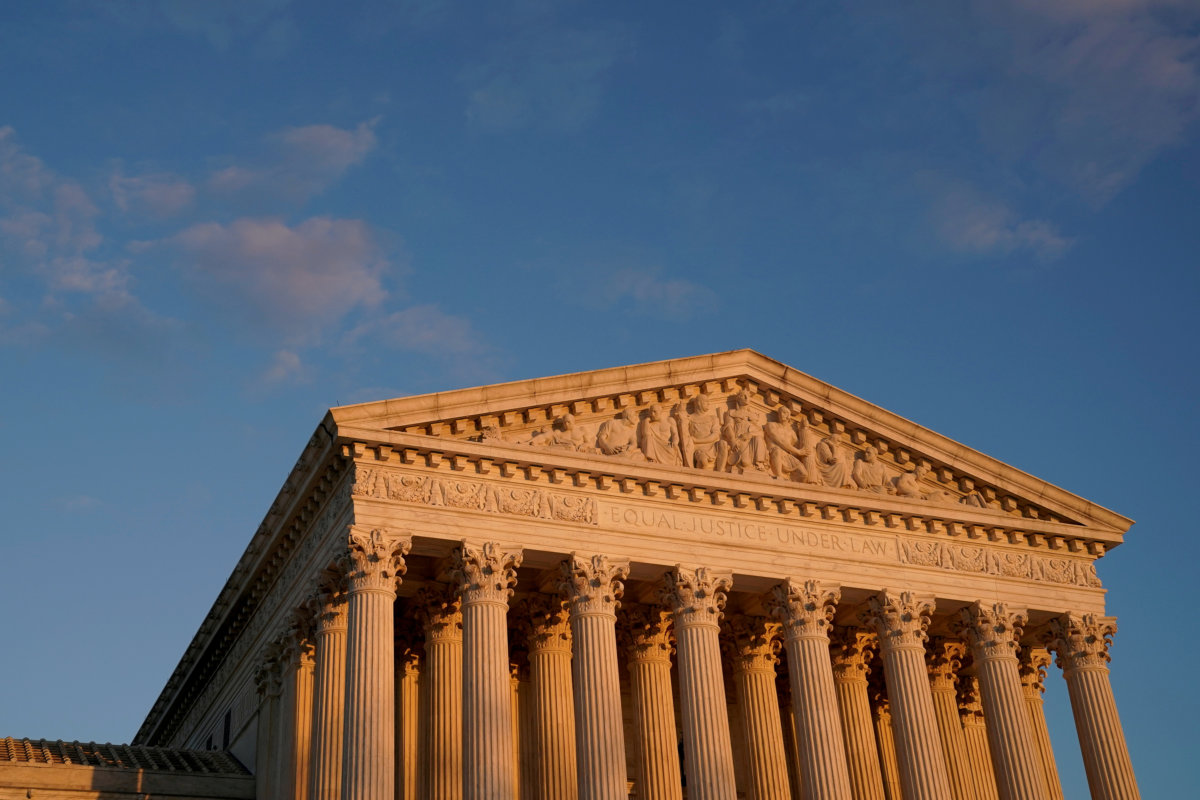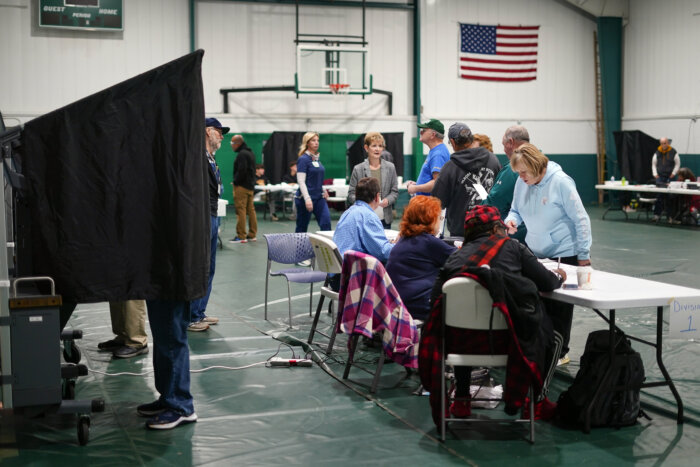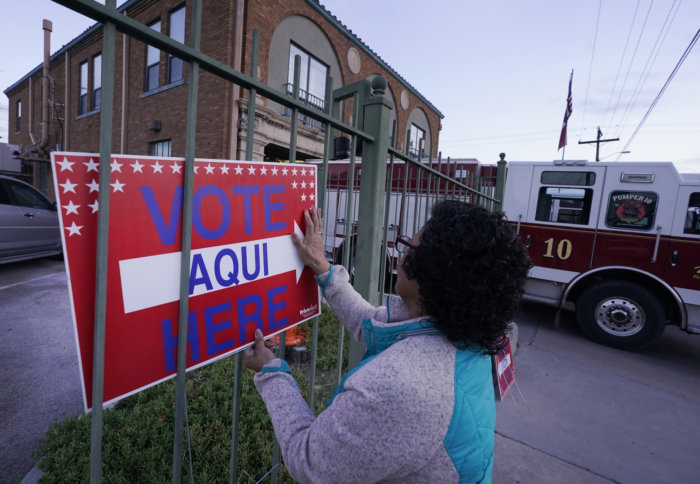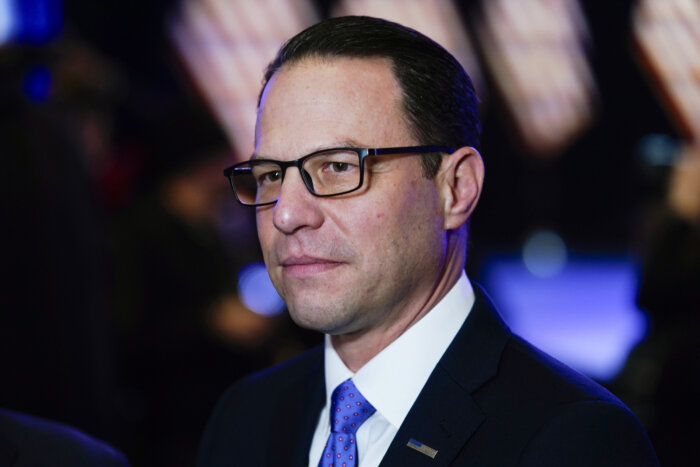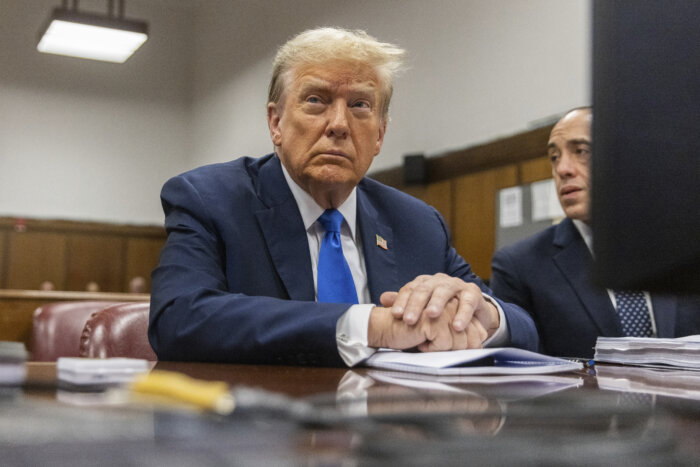By Andrew Chung
U.S. Supreme Court justices returned to the contentious issue of police powers on Wednesday as they grappled with whether to make it easier for officers to enter a home without a warrant for reasons of health or public safety in a case involving the confiscation of a Rhode Island man’s guns.
During arguments in the case, several justices seemed wary of impeding officers from quickly responding to grave situations in which a person might be injured or die, using examples of people who are suicidal or elderly people who may need help. Some justices, however, questioned how they could ensure that police would not abuse expanded powers to act without a warrant.
The man, Edward Caniglia, appealed a lower court ruling throwing out his lawsuit accusing police of violating his constitutional rights by bringing him to a hospital for a mental health evaluation and taking away his guns without a warrant after a 2015 argument with his wife.
Lower courts ruled that police in the Rhode Island city of Cranston did not violate the Constitution’s Fourth Amendment ban on unreasonable searches and seizures.
There is heightened public scrutiny of police conduct, including how authorities deal with mentally ill people, in the wake of protests in many cities last year against racism and police brutality.
Conservative Justice Brett Kavanaugh said the case highlights two common situations – older people falling and suicides – in which imposing heightened requirements on police would cause them to back away instead of acting quickly.
“The longer you’re in the house and no one comes to get you, you’re more likely to die from the fall. The statistics are huge on older people dying from falls,” Kavanaugh told Caniglia’s attorney, Shay Dvoretzky.
Liberal Justice Sonia Sotomayor raised doubts about giving police the authority to judge the severity of any situation on their own without, for instance, the advice of mental health experts.
“Tell me, what is the limiting principle?” Sotomayor asked an attorney representing Cranston.
President Joe Biden’s administration backed police in the case. A Justice Department lawyer told the justices that officers should not be required to obtain warrants in situations in which people could be seriously harmed.
Reuters



